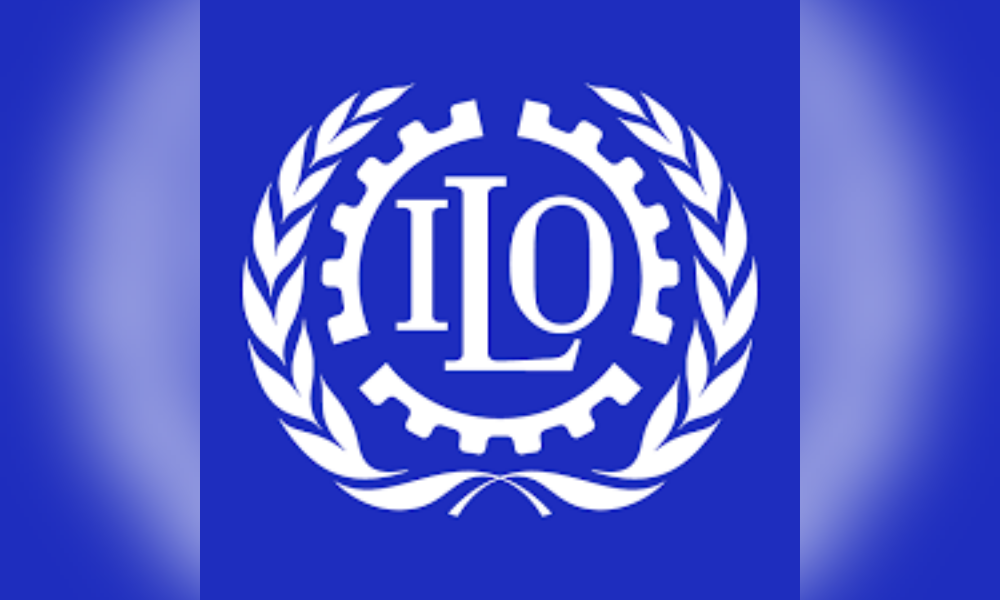
Learn about the country's commitment against 'modern slavery in all its forms'

The federal government has now ratified what is considered as “the most contemporary international labour standard” that would address forced labour. The government’s action is said to reflect the country’s “longstanding commitment to combat modern slavery in all of its insidious forms.”
In December 2021, the Western Australian government passed legislation which will bring its laws into line with Protocol, ensuring compliance across all states and territories by entry into force of the Protocol. This allowed the Coalition Government to progress its ratification.
“The Coalition Government’s prioritisation of ratifying the Protocol demonstrates our serious commitment to core ILO standards, the protection of workers, and the global eradication of forced labour,” Attorney-General and Minister for Industrial Relations Michaelia Cash said.
Through the Federal Executive Council, the International Labour Organization (ILO) Protocol of 2014 to Forced Labour Convention 1930 (No. 29) was approved. The country communicated its formal ratification to the Director-General of the ILO in Geneva for registration, following the Joint Standing Committee on Treaties’ recommendation that binding treaty action be taken.
In a media release, Attorney-General and Minister for Industrial Relations Michaelia Cash said that the government “highly values [its] cooperation with other ILO members, and has long committed to ratifying the Protocol.”
With an aim of “tackling the complexities of modern slavery” and “addressing the root causes of forced labour,” the Protocol’s obligations are to:
The government further said that its actions to purge “modern slavery in all its forms” are on a global scale. In a report, the Minister for Foreign Affairs and Minister for Women, Minister Payne said that “close to 25 million people worldwide are subject to forced labour practices, and many victims are in our region, with an overwhelming majority being women or girls.”
“The Coalition Government has zero tolerance for modern slavery wherever it is occurring,” Payne said.
“Australia’s leadership on combatting forced labour, and other forms of modern slavery, including as co-Chair with Indonesia of the Bali Process on People Smuggling, Trafficking in Persons and Related Transnational Crime, is a key priority within Australia’s foreign policy to uphold the international rules-based order, promote human rights, advance gender equality, counter security threats and strengthen economic growth and resilience, particularly to ensure a free and prosperous Indo-Pacific region” Payne said.
“We are committed to working with all stakeholders to shine a light on these insidious crimes. We want to ensure that states are not ignorant of, or ignoring, such activity occurring within their borders, and that Australian businesses are undertaking appropriate due diligence on the risks of modern slavery existing within their supply chains,” Payne added.